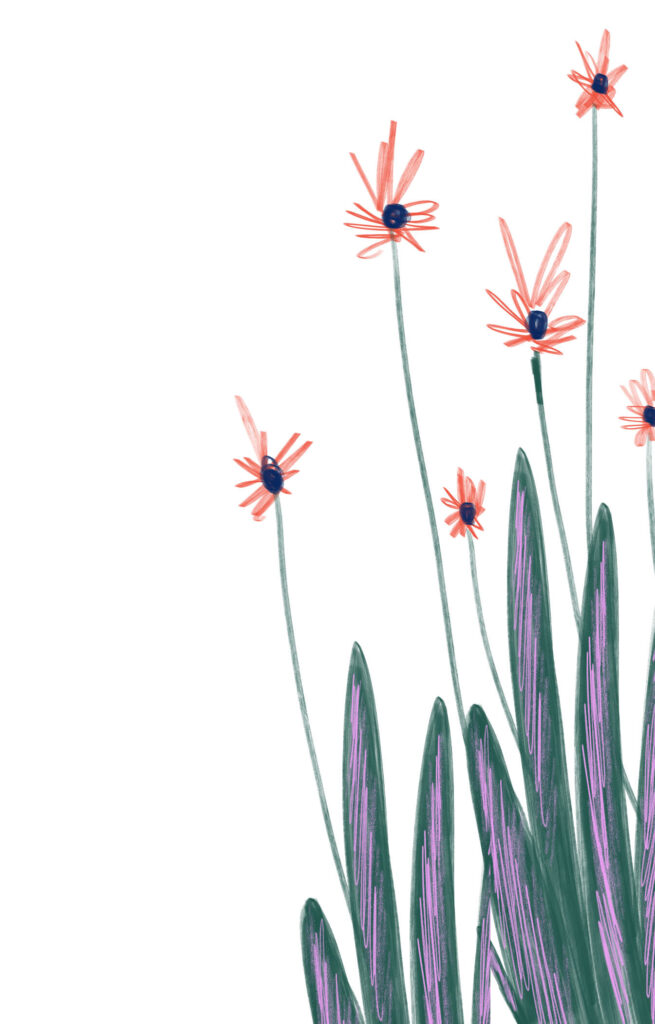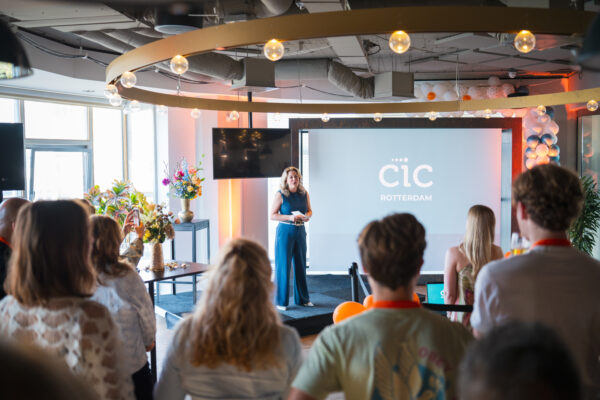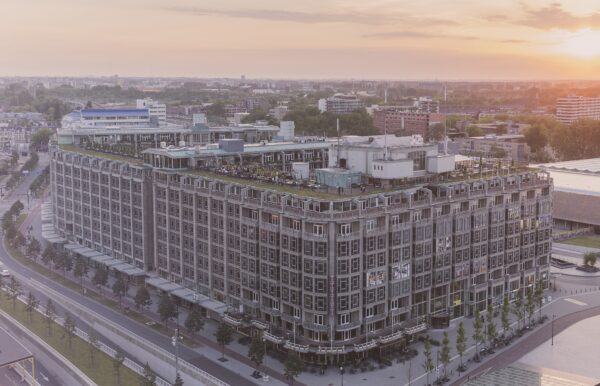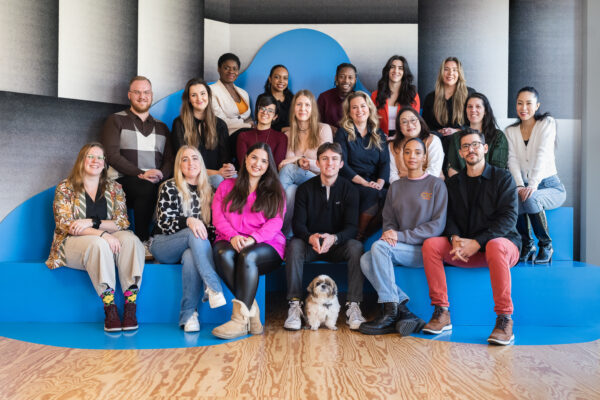At CIC, we see an increasing number of companies working on sustainable solutions. Meet a few of these promising initiatives we interviewed about their industries, challenges, decisions and goals and how they reflect on the innovation opportunities and challenges in Rotterdam.
More than half of the rainforest in Borneo has disappeared over the past 50 years. With it, so have various plant and animal species, and the access of local communities to clean drinking water and fertile soils. Every effort to preserve the rainforest and leverage its natural resources has, therefore, been more than necessary.
Forestwise, founded by Dirk-Jan Oudshoorn and Theo Smits, is one of the companies taking a stand against this decades-long deforestation. Monoculture plantations – palm oil plantations in particular – are among the key dangers to rainforests, affecting both the environment and the people who live there.

“Our goal is to create value out of the rainforest and to empower the local population to earn money from it, so they can continue living in their communities,” says Commercial Director Arjan Verschoor. “We want to let companies and consumers know that there is a lot of value to be derived from rainforests, and that it can be done in an efficient and sustainable way.”
Theambition:Preservingthe44%ofrainforestleftinBorneoArjanverschoor,commercialdirector,forestwise
Looking for an environmentally- and financially sustainable way to preserve what is left of the rainforest on the Southeast Asian island is an ambitious goal. Without a doubt so. It requires a solid business case that allows it to make a profit from the natural resources of the rainforest in a sustainable and fair way, while also engaging the local population.
Forestwise believes to have one. What the company aims to achieve is create skincare, cosmetics and food products by using the natural resources of the rainforest, without causing any harm to it. Essentially, the team decided to look for ways to produce oils by extracting fat from special nuts.
“We have the illipe butter, which is one of our products with unique moisturizing properties, and it is the fat that comes out of the illipe nuts,” says Arjan. “The way we work with the locals is they wait for the nuts to fall down from the trees, source them and dry them. We then buy the nuts from them, press them in production machines and the fat that comes out is left to solidify. Eventually, it is used to create new products.”
Benefitting from what the rainforest has to offer
For Arjan and the rest of the team of Forestwise, it is not only important to create a business with a sustainable mission, but also to educate people on the value that the rainforest can bring. The population in the rainforests of Borneo has been there for many, many years, but it wasn’t until 50 years ago that things started to change. Palm oil plantations would increasingly replace the original rainforest, harming much of the wildlife and displacing the local population.

ItisimportanttounderstandthetruepriceofpalmoilproductsArjanverschoor,commercialdirector,forestwise
“People who live in the rainforest often don’t realize the negative effects of deforestation until they don’t have fresh drinking water, fertile soil, or even a place to live anymore. These are side effects that they only come to know when it’s too late.”
That being said, there is a need to educate local communities on what deforestation means for them and instead, how they can leverage the rainforest in a sustainable way. The main goal of Forestwise is to show both locals and their consumers that there is an alternative way to treat nature and consume the products that come from it.
“We try to give locals the opportunity to stay in the life they already have and the tribes they have been in for thousands of years. We are working on preserving the local culture and what the land has to offer.”
Forestwise currently has 25 local employees and is working on creating a stronger demand for their products. They have already received several orders, including from global distributor IMCD.

With deals secured, the young company is looking to connect the local market to the global cosmetics industry. There is still a long way to go, Arjan says, but they are already making strides towards putting their sustainable products on the market.
Illustrations: Janneke Wing
Author: Mina Nacheva




